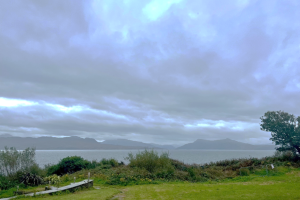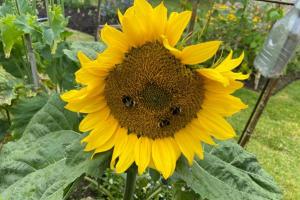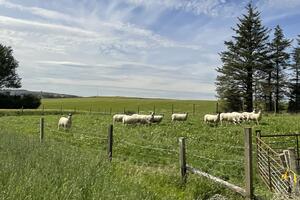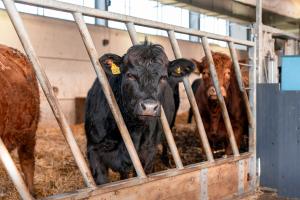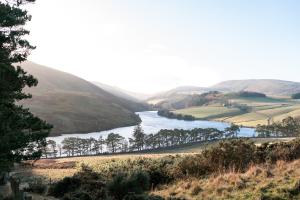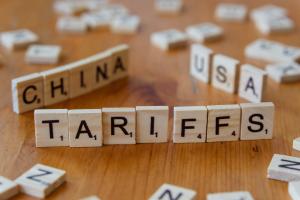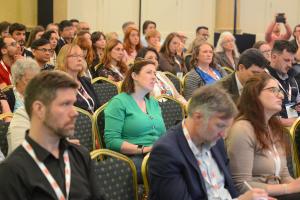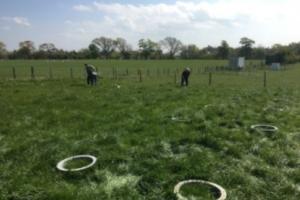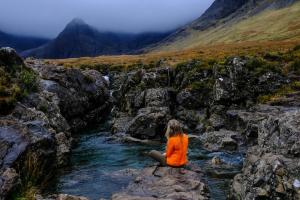Displaying 11 - 20 of 187
In this blog Professor Lorna Dawson, Gateway knowledge broker for Environment and Soil, shares some insights after visiting Skye as part of a community workshop IN August 2025.
In this blog Professor Lorna Dawson, Gateway knowledge broker for Environment and Soil, shares some insights after visiting RBGE in August 2025. SEFARI Gateway worked with Scotia Agricultural Club to orchestrate this interesting and inspiring visit to the garden.
Infectious diseases of farmed animals are important threats to agriculture in Scotland, causing significant animal suffering, and economic losses to farmers. Typically, these infections are treated with antibiotics, but the rise of antibiotic-resistant germs means additional strategies are needed to reduce diseases on farms.
Scientists at The James Hutton Institute are spearheading cutting-edge research to support the UK’s National Action Plan for pesticide reduction, combining AI, big data, and biology to revolutionise Integrated Pest Management (IPM) in Scotland. From forecasting potato virus risks to advancing biological alternatives to conventional pesticides, their work helps farmers target pesticide use while safeguarding yields and the environment.
Recent shifts toward protectionist trade policies—most notably from the United States—are reshaping the global trading system in ways that extend beyond traditional economic concerns. Protectionism refers to when countries introduce measures such as tariffs, quotas, or subsidies to limit imports and support their domestic industries. For the UK, navigating this uncertainty comes at the post-Brexit period, where trade resilience, food system stability, and climate commitments are increasingly intertwined.
The British Society of Animal Science is a charitable organization, which has been in existence for over 80 years! It is also the principal learned body supporting animal science in the UK. BSAS works ‘to advance the sector, improve the understanding of all aspects of animal science and ensure research and knowledge transfer has a practical and beneficial application’.
Applying liming products to soils has a positive effect on the yield of crops, if the soil pH is below the optimum level for nutrient uptake. However, there is also a cost for the carbon footprint for the farm from the release of carbon dioxide (CO2) to the atmosphere from mining, production and application of lime. Increasing the soil pH above 6.2 has been shown to reduce the greenhouse gas nitrous oxide (N2O) but the evidence is not conclusive.
Storytelling and folklore have the potential to inspire environmental awareness and action by connecting people with nature in relatable and engaging ways.In this blog by Allysha Amanda, a Master's student in Science Communication and Public Engagement at the University of Edinburgh, explores global folklore. She discusses how folklore engages communities with environmental issues (positively and negatively), how technology is influencing more recent environmental storytelling and whether folklore has an important role in helping to address climate change and biodiversity crises.
